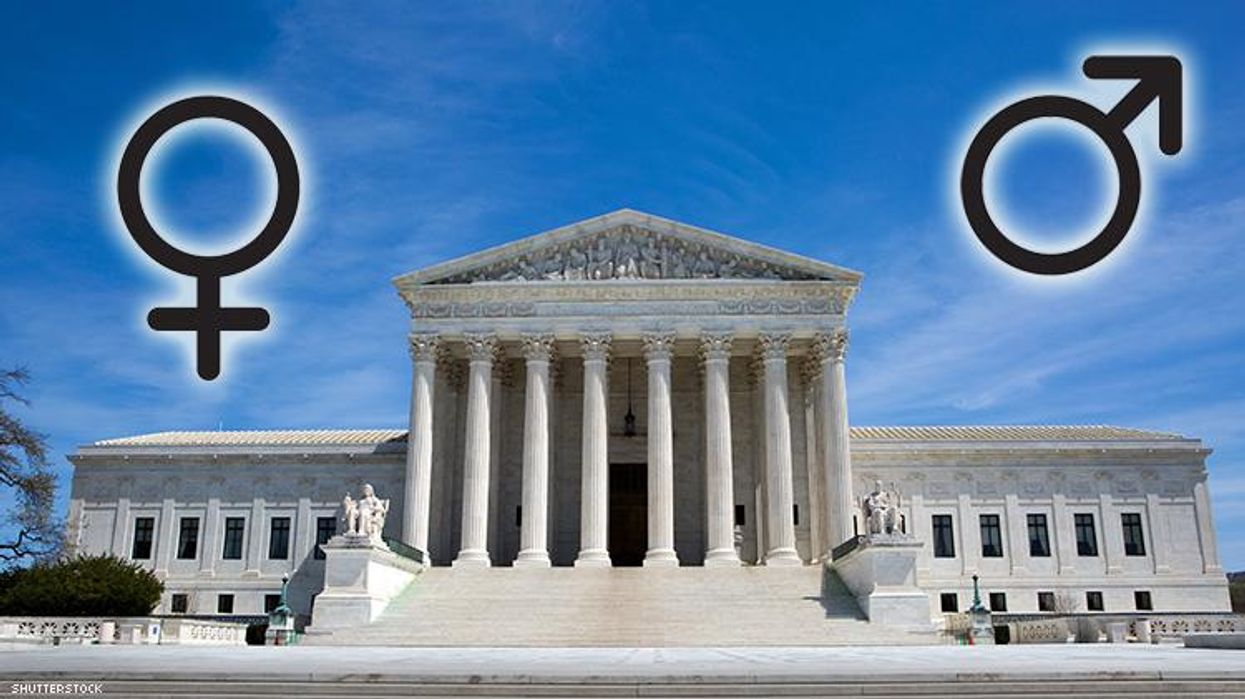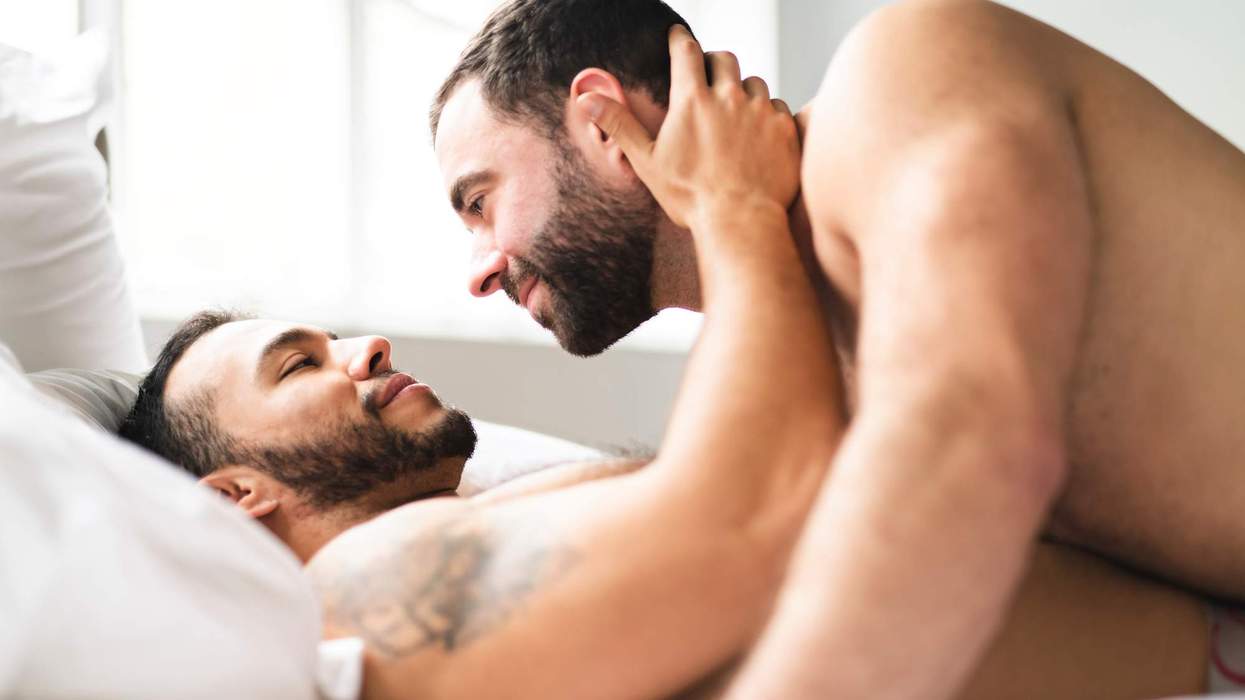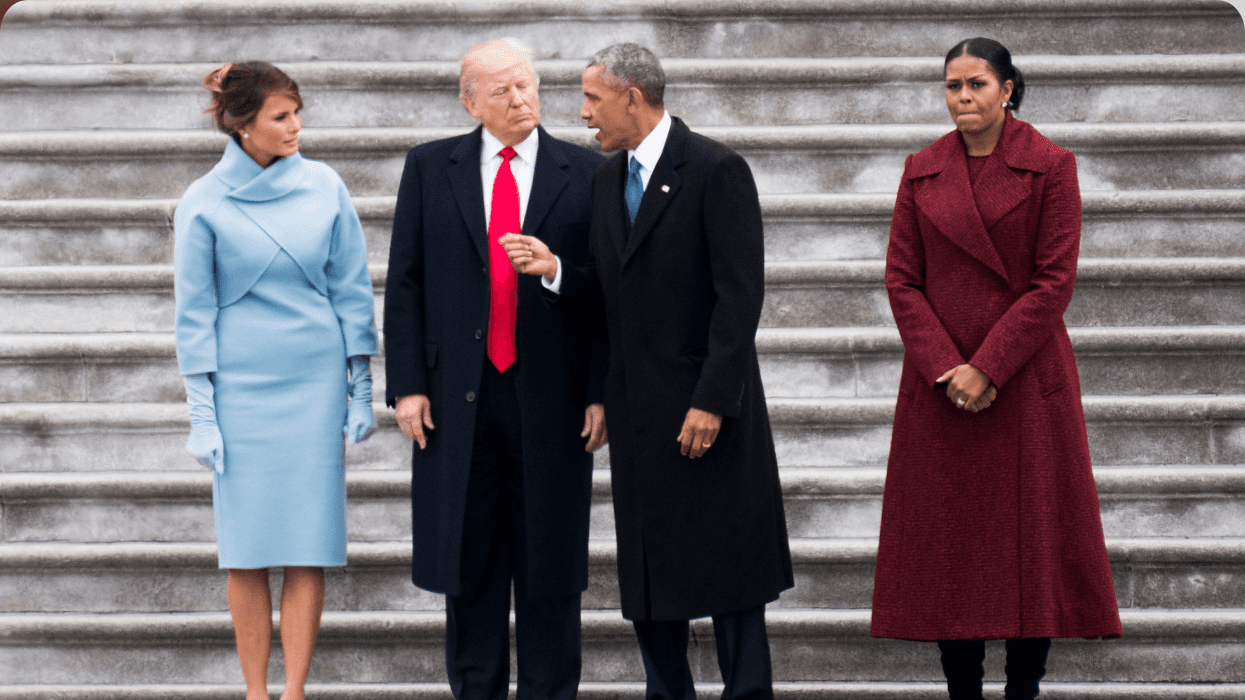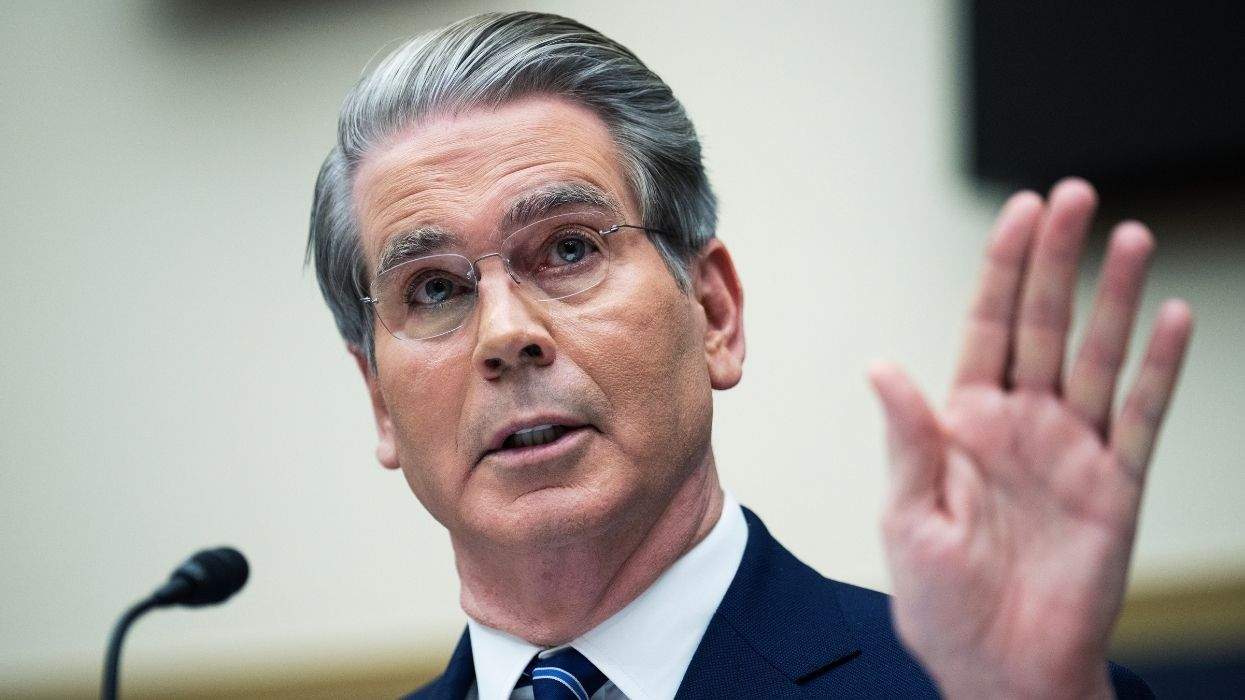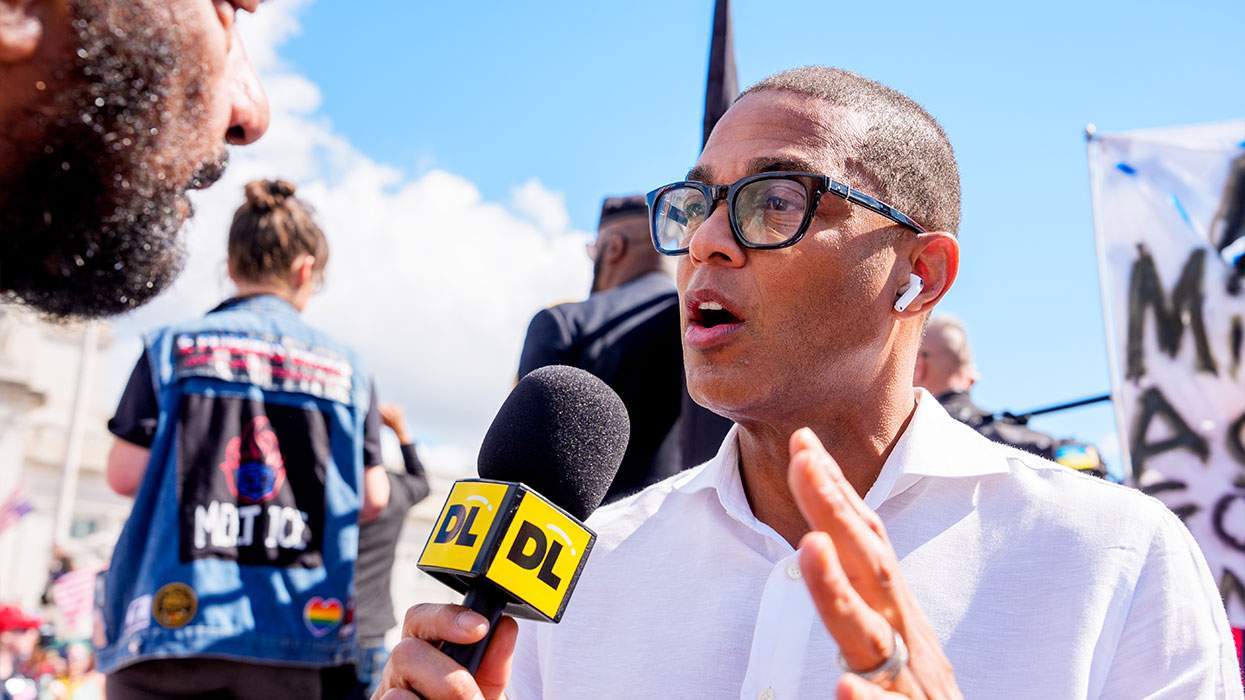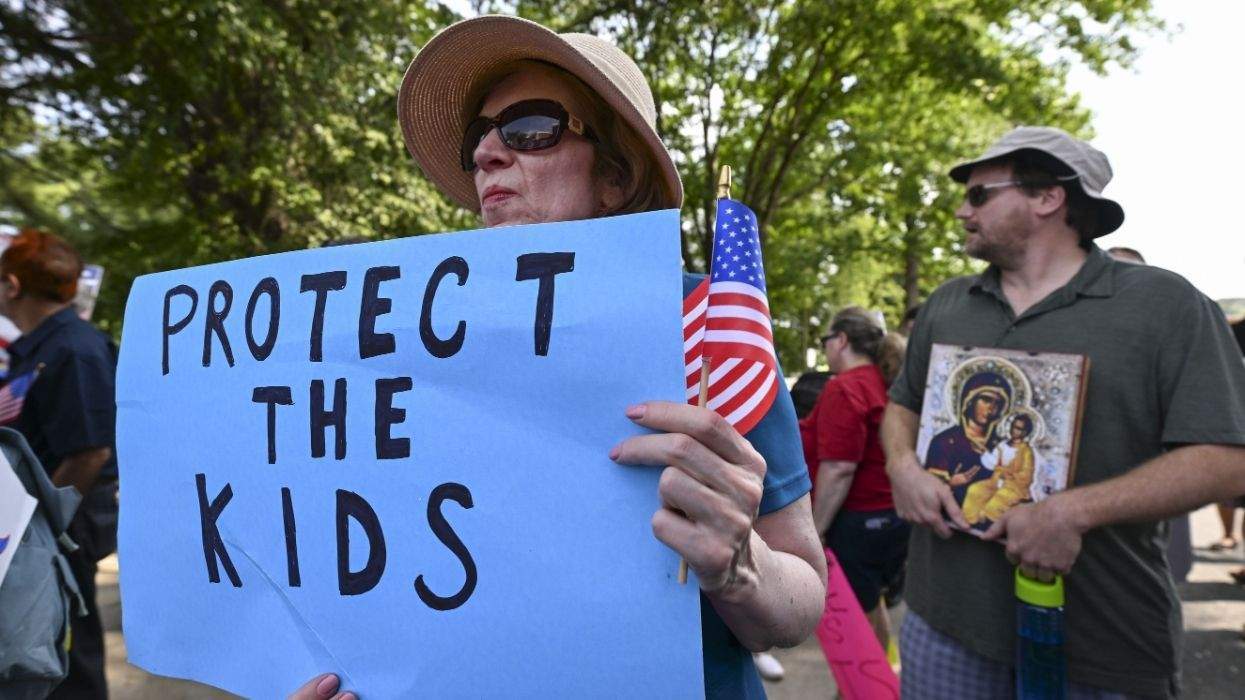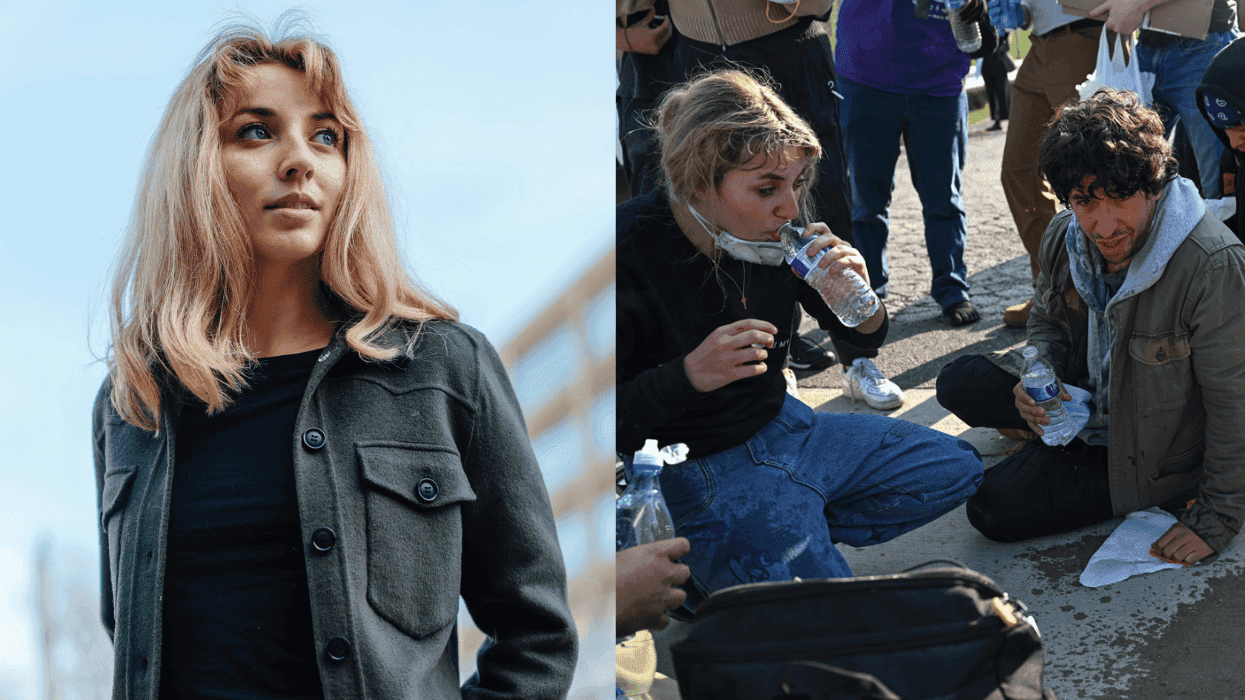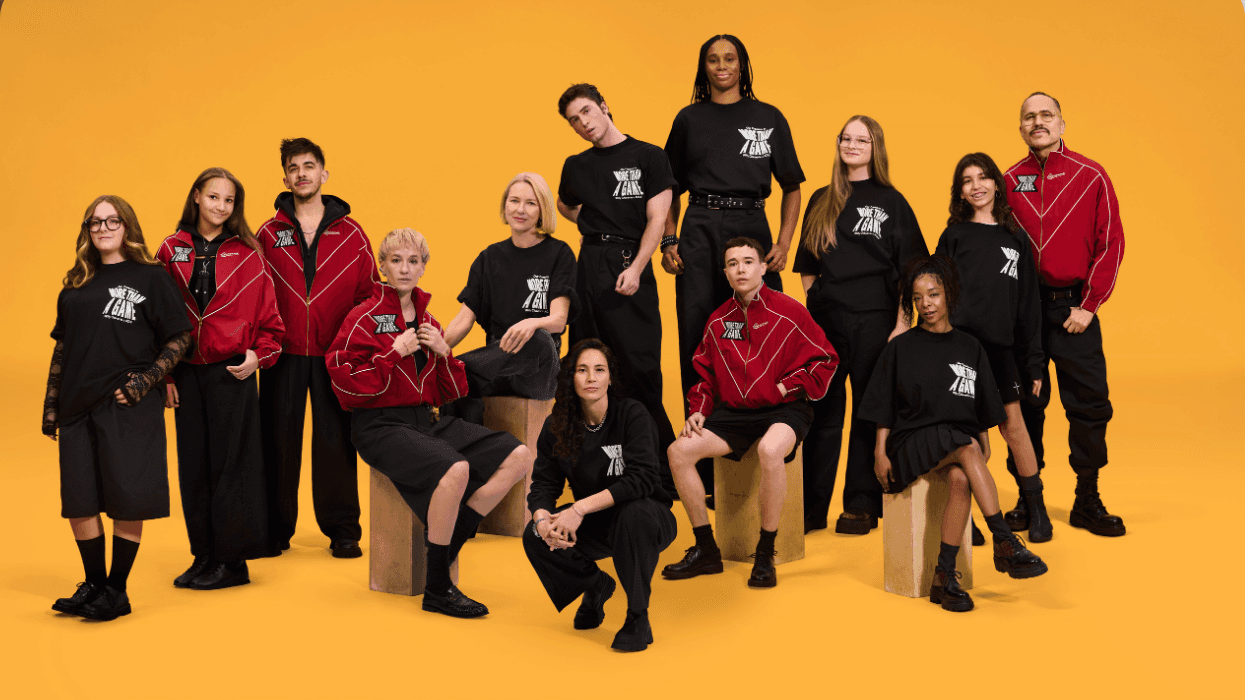Should employers be allowed to fire workers who don't conform to their employer's ideas about masculinity and femininity? In a brief filed before the Supreme Court on Friday, the Trump administration signaled its belief that some instances of gender bias could be legal in the workplace.
"Sex stereotyping by itself is not a Title VII violation," the Department of Justice (DOJ) claimed.
The argument echoes Mississippi's HB 1523, one of the nation's worst pieces of anti-LGBTQ+ legislation. Passed in 2016, the law grants wide exemptions to discriminate on the basis of sexual and gender stereotypes -- not just against queer people, but against everyone.
Known as Mississippi's "religious freedom" law, HB 1523 blocks the state from imposing penalties against anyone who discriminates based on the belief that same-sex couples should be barred from marriage. It also prevents governmental authorities from fining individuals or denying them grants based on the beliefs that only married people should have sex and that a person's sex is immutable and assigned at birth.
While the law's implications for LGBTQ+ people are well-documented, its potential impact is wide-ranging. According to the civil rights group Americans United for the Separation of Church and State via their Protect Thy Neighbor project, a counselor could hypothetically refuse to help LGBTQ+ people who call a suicide crisis hotline. Government clerks could deny marriage licenses to any person who has been divorced, whether or not the couple is same-sex or heterosexual. A homeless shelter could turn away pregnant teenagers.
Another scenario could allow an employer to fire a woman for wearing pants, a case similar to what the Trump administration put forward in its SCOTUS brief. If sex stereotyping is not always illegal, that means the White House could in the future make a case for a workplace to force women to wear skirts.
While last week's brief is narrowly focused on discrimination against trans workers, the claim that certain forms of sex stereotyping are acceptable presents worrisome implications. If sex stereotyping may be legal in some cases, would it be OK for a police department or fire station to deny employment to a female applicant based on the perception that women are weaker? What about refusing to admit women into the military because their commanding officer thinks they can't do the job as well as a man?
It shouldn't be surprising, however, that the Trump administration's brief echoes HB 1523. The president has already expressed his support for a federal bill known as the First Amendment Defense Act (FADA), which is nearly identical to HB 1523 in scope.
Additionally, Trump was reportedly eager to sign an "religious freedom" order in February 2017, but it was allegedly scuttled at the urging of his daughter, Ivanka Trump.
The case in which the DOJ submitted its brief is expected to have a major impact on protections for LGBTQ+ employment. It began when a funeral home in Michigan fired a trans woman named Aimee Stephens after she informed them of her plans to transition. Her employer's legal team later claimed that her termination was in her best interest.
"It's healthier for people such as Stephens to try to 'align their mind with their biological reality' rather than to 'change their gender,'" attorneys for R.G. and G.R. Harris Funeral Homes said in an interview with Bloomberg.
In response to the firing, the Equal Employment Opportunity Commission (EEOC) under President Obama sued her former employer. At the time, the government consistently maintained that firing someone for being trans violates Title VII of the Civil Rights Act, which bans discrimination on the basis of characteristics like sex. With the election of Donald Trump, the EEOC now stands alone, with reports indicating that the DOJ is pressuring the federal agency to revoke support for LGBTQ+ workers.
Depending on how the Supreme Court rules in October, the risk of facing discrimination could skyrocket nationwide, no matter a person's gender or orientation. What's worse, that precedent could be used to weaken what limited protections exist in areas like housing, education, finance, and medical care.
That would at least be consistent with the efforts of the Trump administration, which since its earliest days has eliminated or fought rules that protect LGBTQ+ people.
Oral argument in the SCOTUS case is set for October 8.


